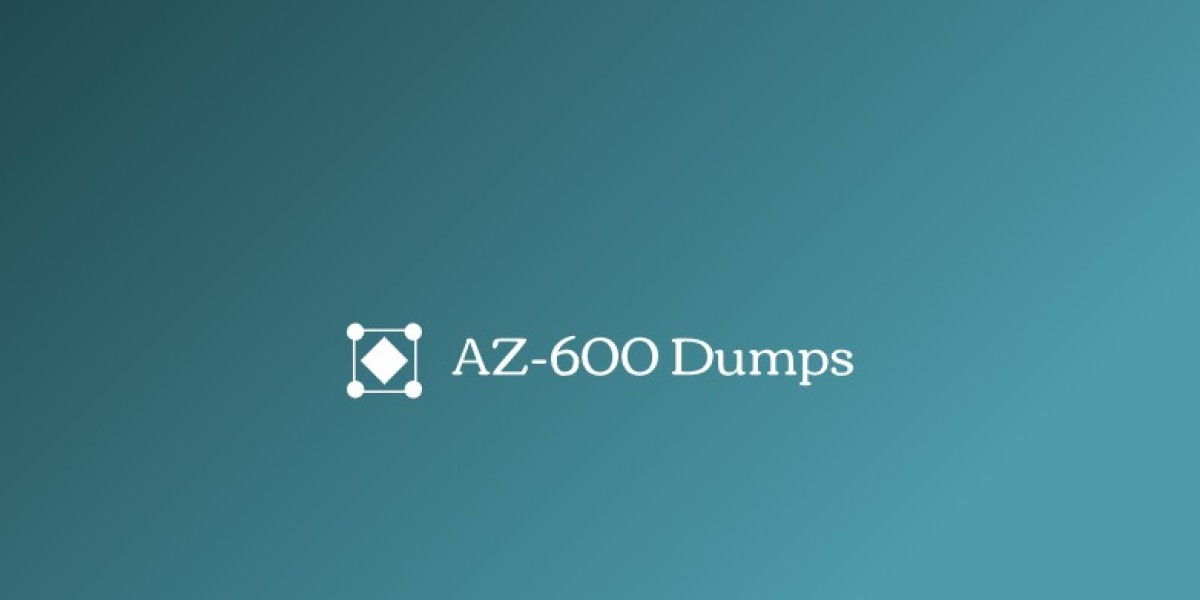Introduction
The advent of the digital age has revolutionized various aspects of our lives, including the way we approach education and religious studies. Quranic studies, which have traditionally been conducted in mosques, madrasas, and academic institutions, have also experienced a significant transformation with the rise of Online Quran Academy and digital resources. This evolution has brought about both opportunities and challenges, reshaping the landscape of Quranic education and scholarship.
Transition to Online Quran Academy:
The transition from traditional Quranic studies to the online sphere has been driven by several factors. One of the primary drivers is the increasing accessibility of the internet and digital technologies across the globe. This accessibility has made it possible for individuals from diverse backgrounds and geographic locations to engage with Quranic teachings and scholarship without the constraints of physical distance or traditional institutional settings.
Online Quran Academy offers a wide range of resources for Quranic studies, including digital copies of the Quran, commentaries, lectures, and interactive courses. These resources provide learners with flexibility and convenience, allowing them to study at their own pace and tailor their learning experience to their specific needs and interests.
Furthermore, Online Quran Academy facilitates collaboration and knowledge sharing among scholars and students, enabling them to engage in discussions, debates, and research projects in virtual communities and forums. This collaborative environment fosters a dynamic exchange of ideas and perspectives, enriching the study of the Quran and promoting intellectual growth and development.
Challenges and Opportunities:
While the digitalization of Quranic studies presents numerous opportunities, it also poses certain challenges. One of the primary challenges is the authenticity and reliability of online resources. With the proliferation of digital content, it can be difficult to discern between authentic sources and unreliable or misleading information. This highlights the importance of critical thinking and discernment when navigating Online Quran Academy for Quranic studies.
Additionally, the digital divide – the gap between those who have access to digital technologies and those who do not – remains a significant barrier for many individuals, particularly in underserved communities and developing countries. Efforts must be made to bridge this divide and ensure that everyone has equal access to Quranic education and resources, regardless of their socioeconomic status or geographic location.
Despite these challenges, the digitalization of Quranic studies presents numerous opportunities for innovation and advancement. Online Quran Academy has the potential to reach a broader audience and engage individuals who may not have had access to traditional educational institutions. Furthermore, digital technologies such as augmented reality (AR) and virtual reality (VR) offer immersive learning experiences that can enhance the understanding and appreciation of Quranic teachings.
Conclusion:
The evolution of Quranic studies in the online sphere represents a transformative shift in the way we approach religious education and scholarship. While traditional methods of teaching and learning will always have their place, the integration of digital technologies offers new opportunities for accessibility, collaboration, and innovation.
As we continue to harness the power of digital platforms and technologies, it is essential to remain vigilant about preserving the authenticity and integrity of Quranic teachings. By fostering critical thinking skills and promoting responsible use of online resources, we can ensure that the digitalization of Quranic studies contributes positively to the enrichment of our understanding and appreciation of the Quran.
Ultimately, the evolution of Quranic studies in the online Quran Academy reflects the timeless nature of knowledge and the adaptability of human learning. By embracing the opportunities afforded by digital technologies while addressing the challenges they present, we can continue to advance the study of the Quran and promote greater understanding and harmony in our increasingly interconnected world.








